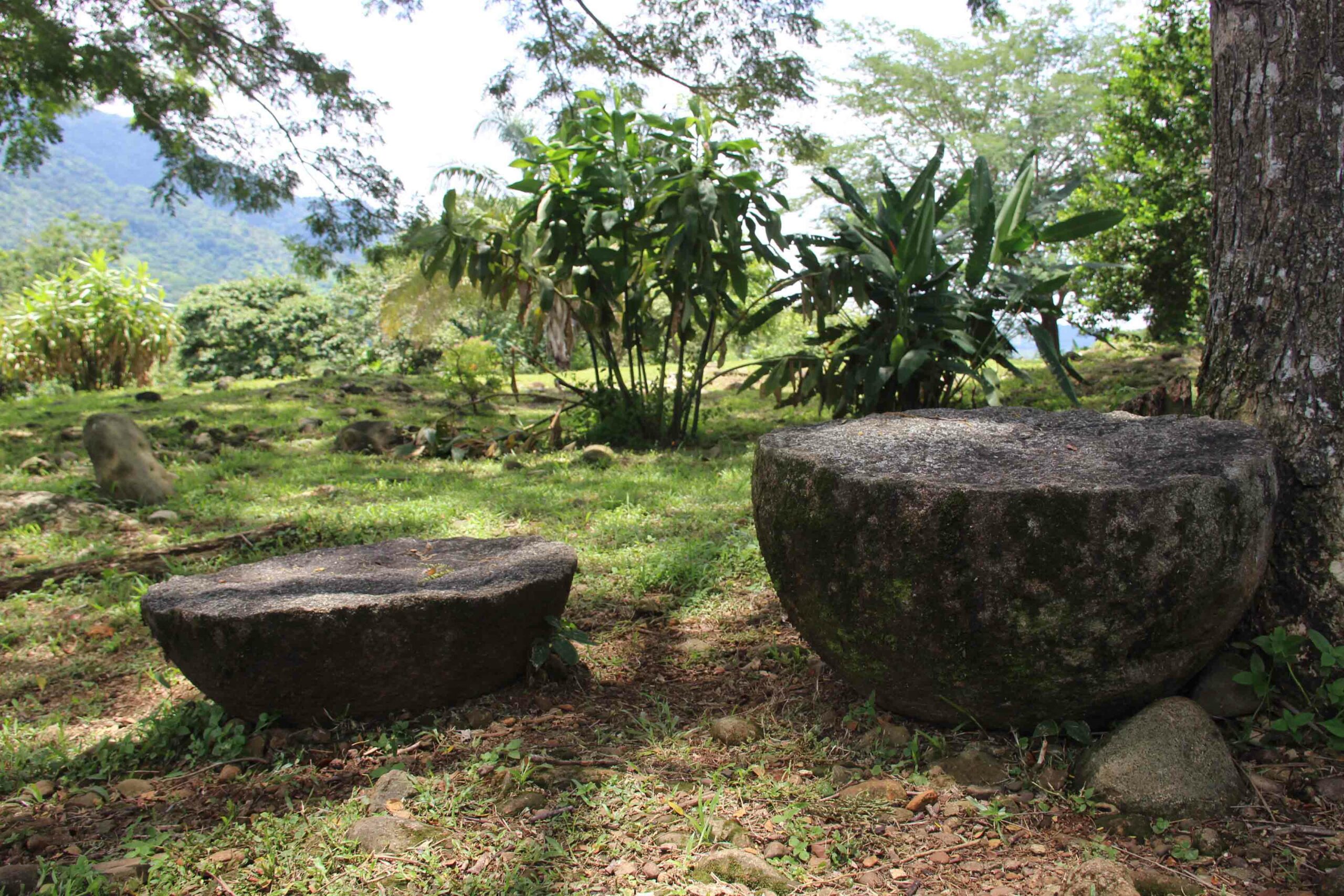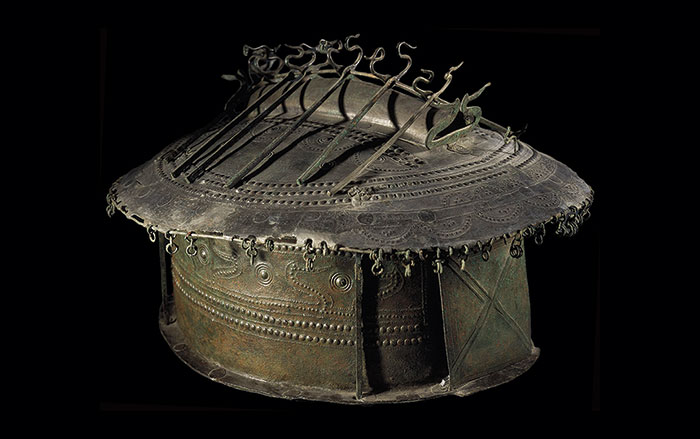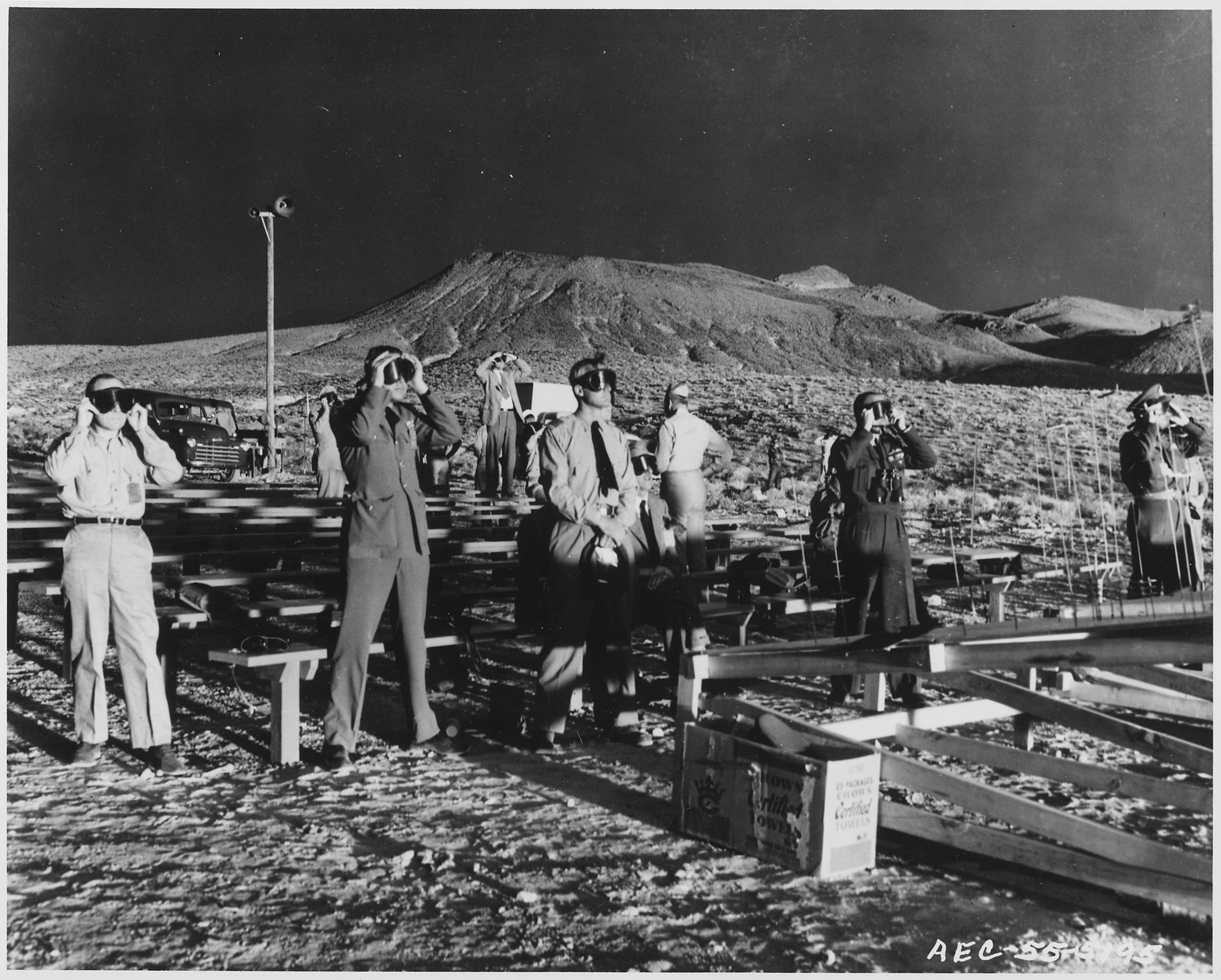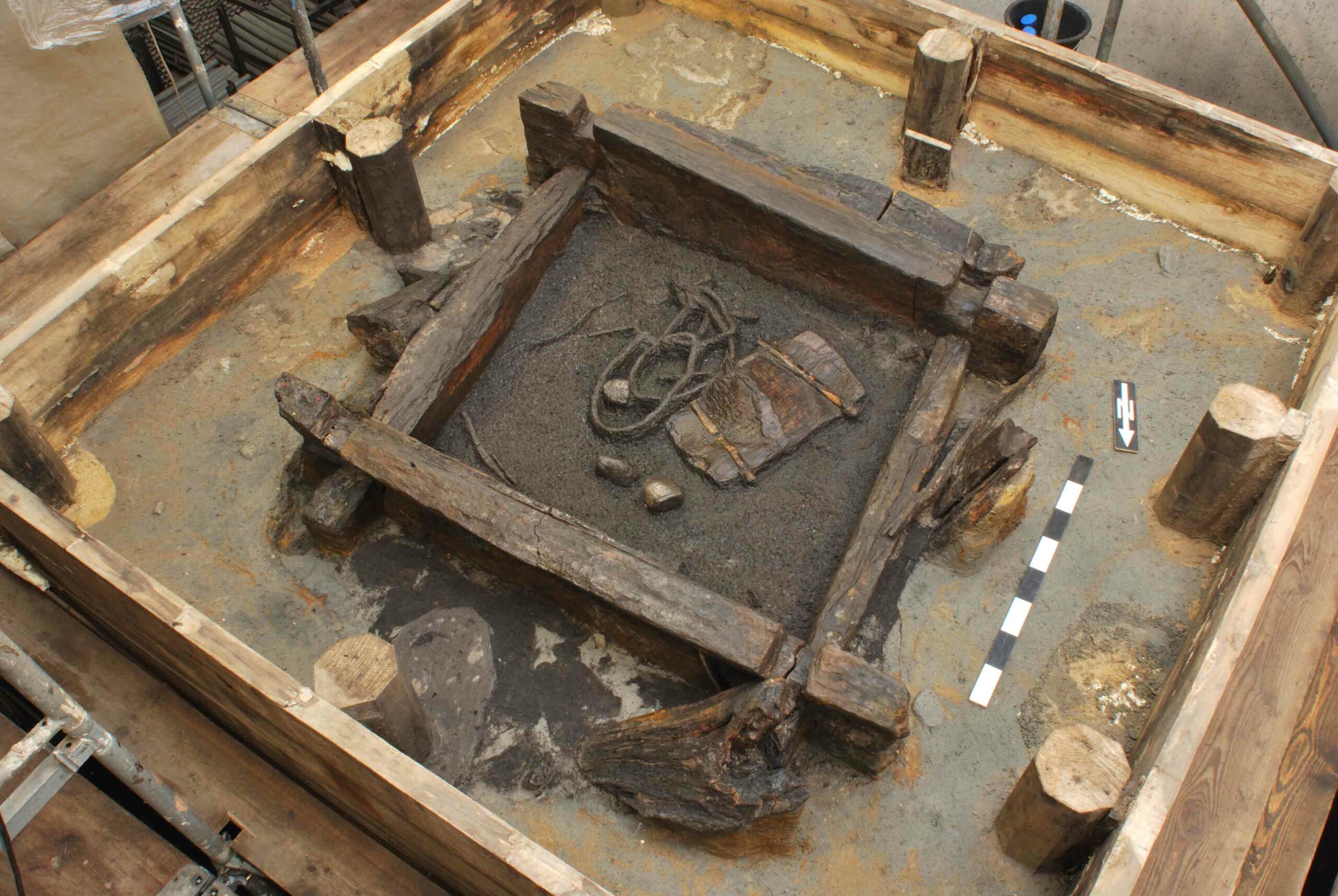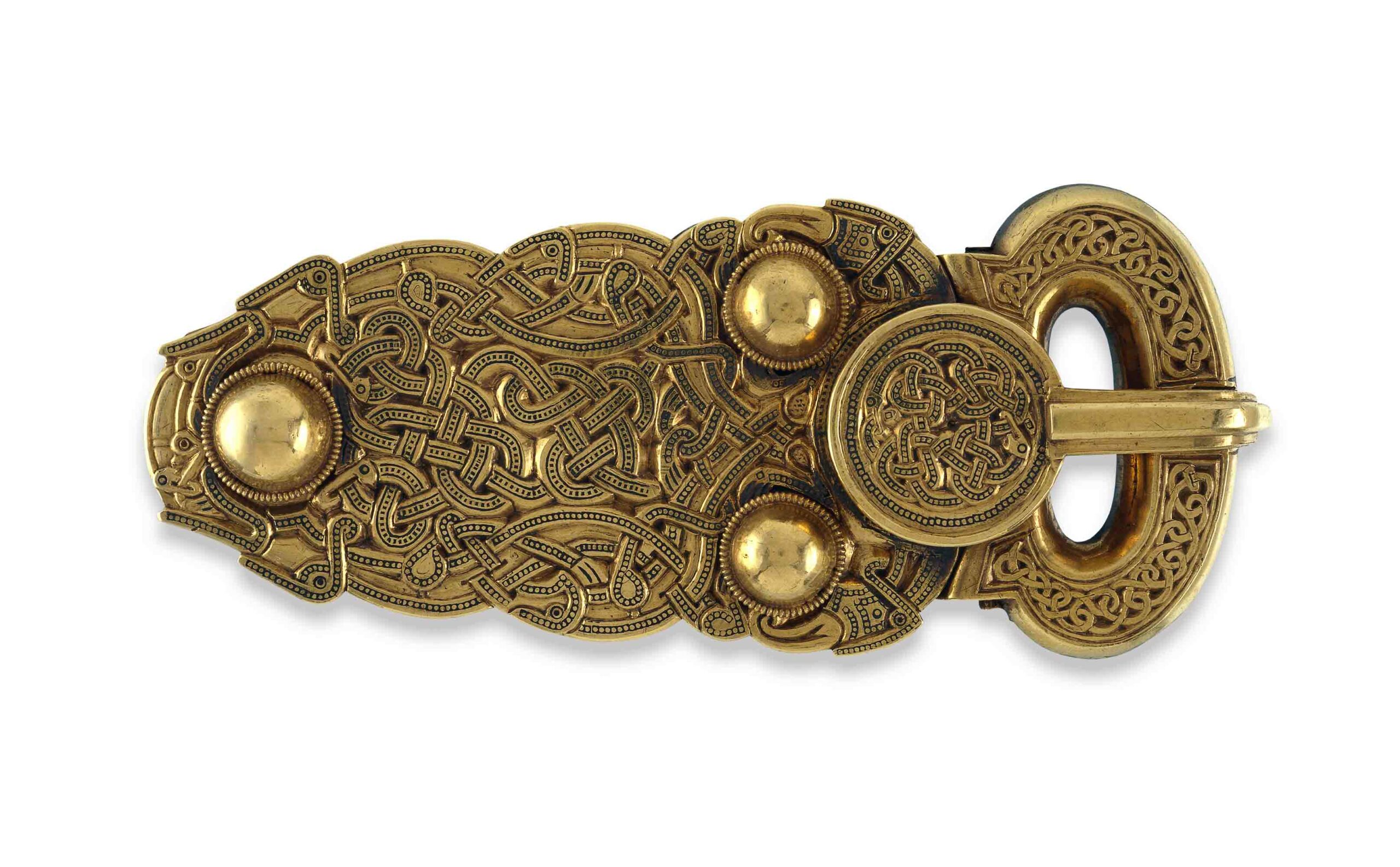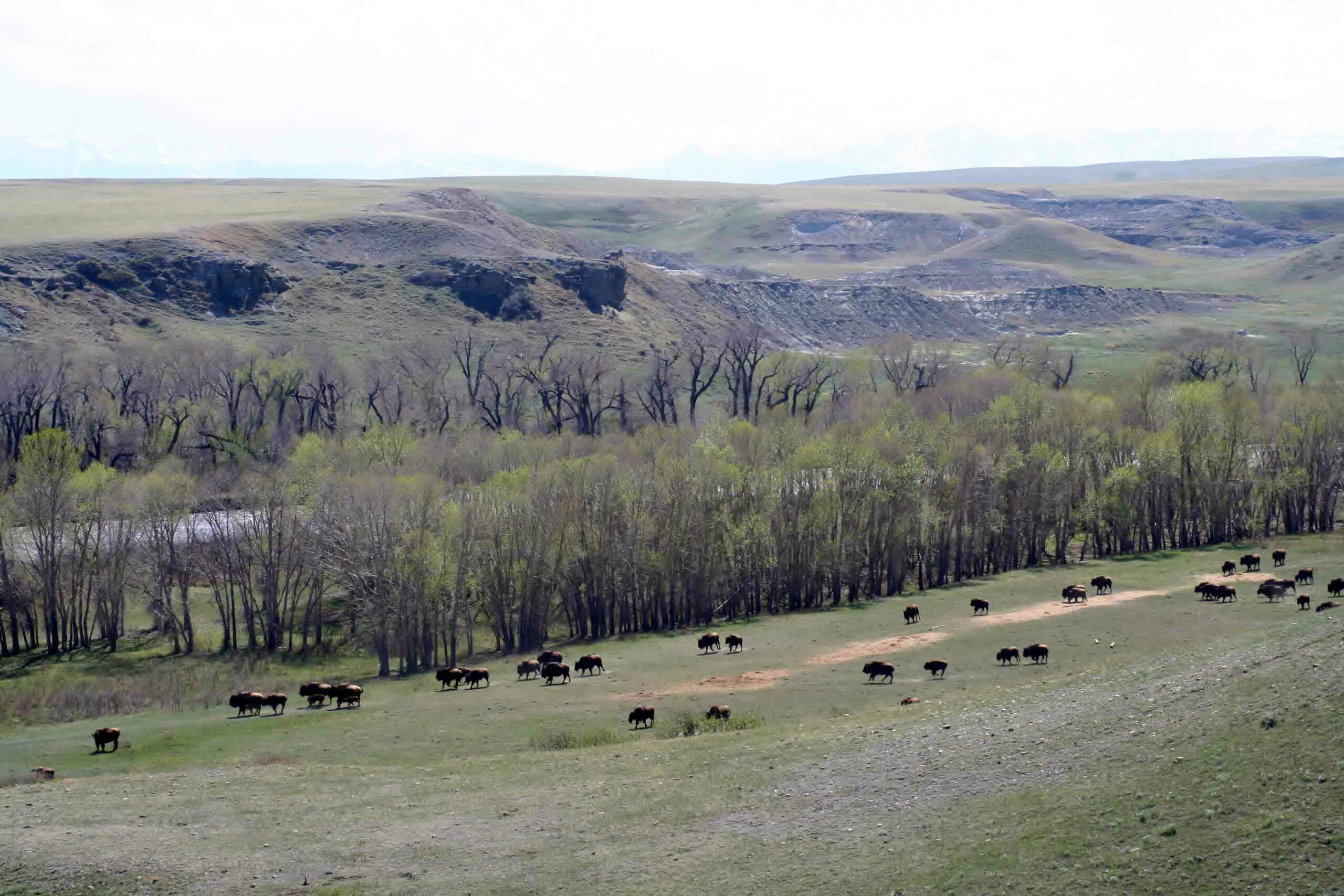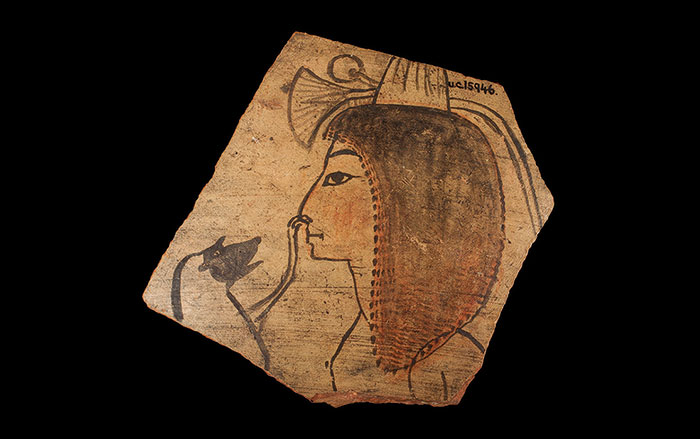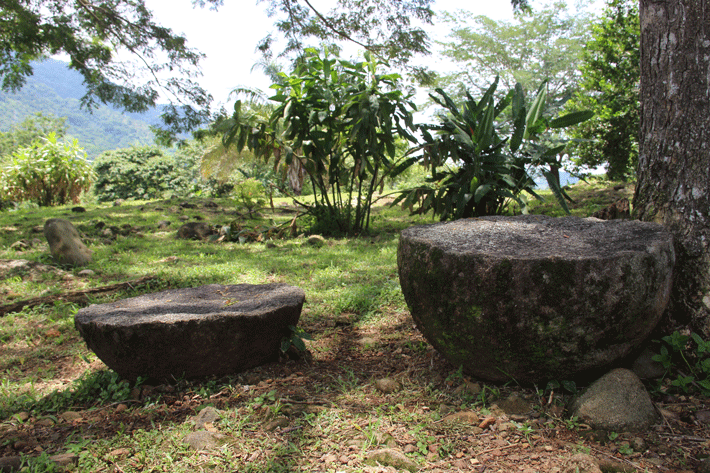
Some archaeological sites are so unusual that they still present mysteries decades after they were found. Take the Diquis Delta in southeastern Costa Rica, where there are hundreds of almost perfectly spherical stone balls dating to more than 1,000 years ago. Ranging in size from just a few inches to more than six feet in diameter—and up to 16 tons—“Las Bolas,” as the locals affectionately call them, were first discovered during the agricultural boom of the 1930s. The United Fruit Company cleared the jungle for banana plantations using bulldozers, which damaged and moved many of the ancient spheres. Of 300 found so far, just a dozen remain in their original context. Many of the rest decorate public buildings and plazas. Doris Stone, daughter of a United Fruit Company executive, published the first scientific study of the balls in 1943. Decades later, archaeologists know that the monolithic sculptures were made by human hands, but are still working to determine their significance to the ancient people of Costa Rica. Archaeologist Francisco Corrales of the National Museum of Costa Rica says that the site known as Finca 6 contains the only known surviving group of spheres in their original alignment.
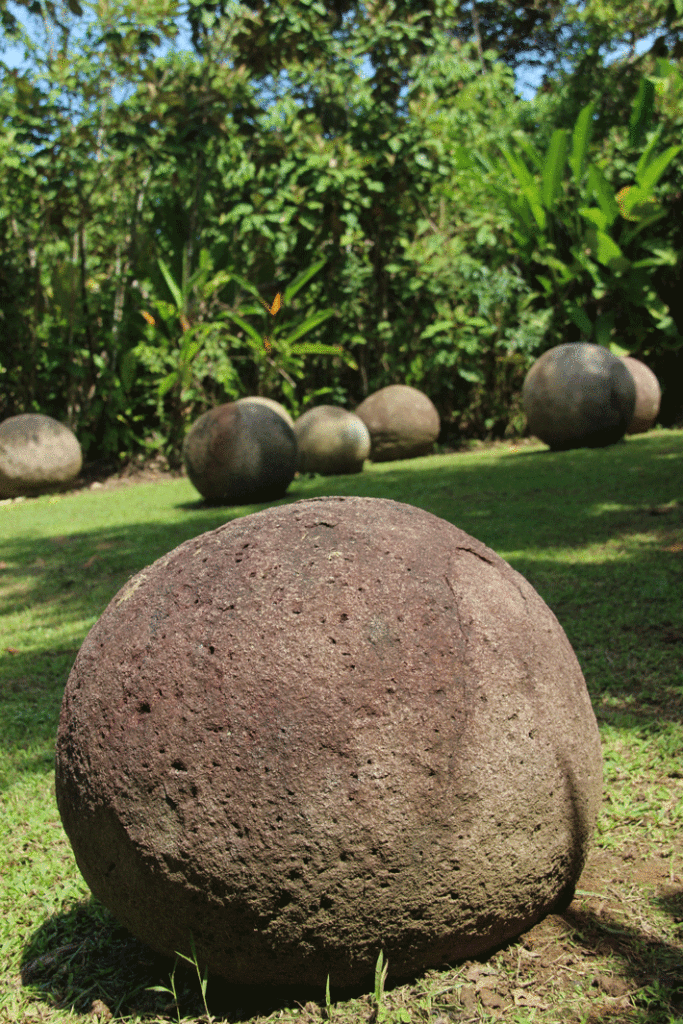
The site
In and around Finca 6 there are nearly 30 spheres, of which seven remain in their original context, with five oriented in roughly east-west lines. The spheres could have been used to record celestial phenomena, such as the rise of the sun at certain times of year. Corrales says there are other theories, including that the alignments are related to constellations and, in turn, myths and legends. “[No theory] has been proven so far,” he says. They were probably made by the Chiriqui culture (A.D. 800–1500), the last of three major pre-Columbian cultures in Costa Rica, during a period when villages began to form, with cobblestone house foundations, pavements, walls, and mounds. Two of these mounds are adjacent to the clearing with the sphere alignments at Finca 6. A new museum at the site includes a panorama of the occupations of the region, with an emphasis on stone sphere sites.
While you’re there
Finca 6, a five-hour drive from the capital of San José, is near Batambal, another visitor-friendly stone-sphere site, this one with a view all the way to the ocean. The area has other attractions, such as Caño Island (for snorkeling and scuba diving), Corcovado National Park, and Ballena National Marine Park, where it is possible to see humpback whales during the summer.


